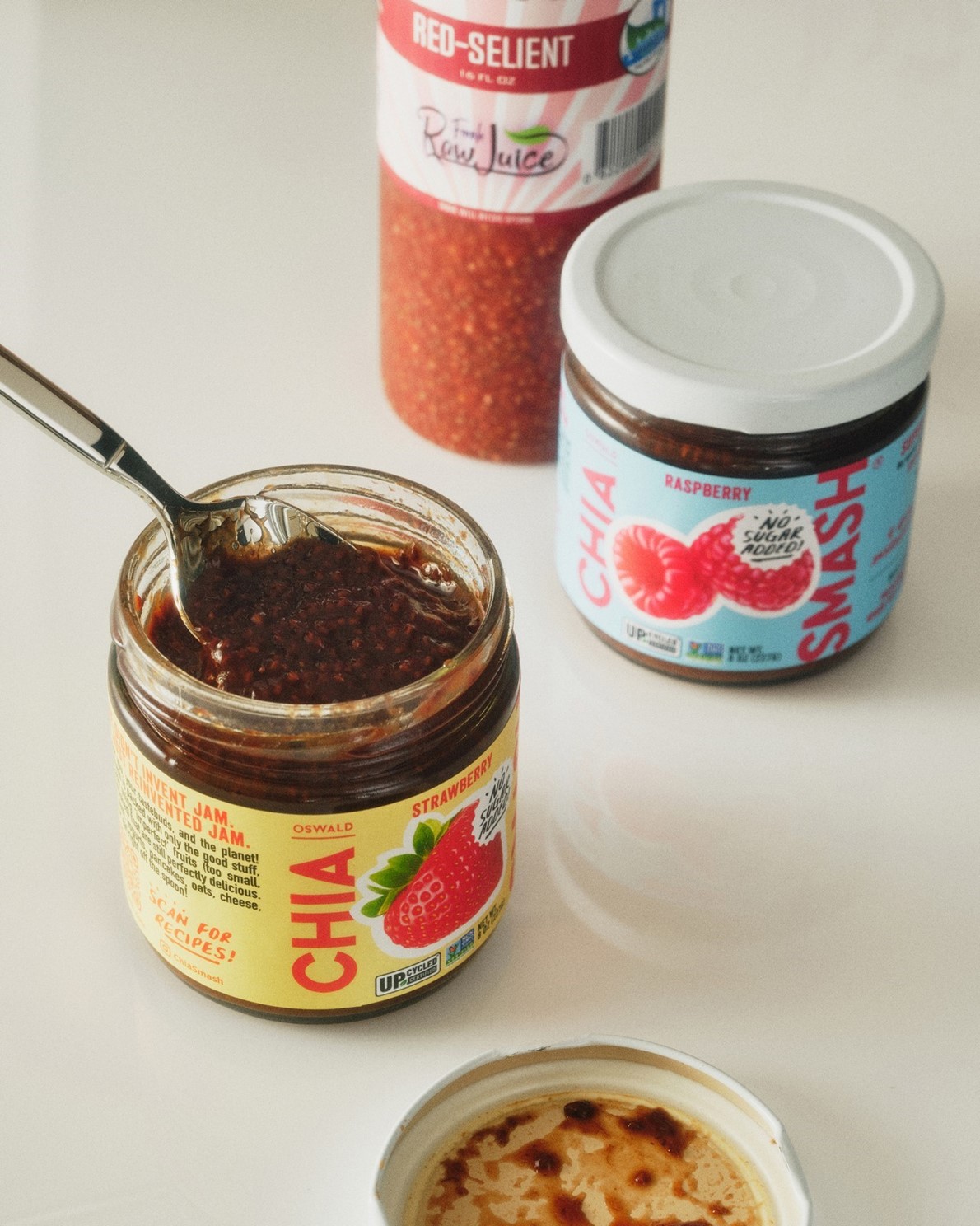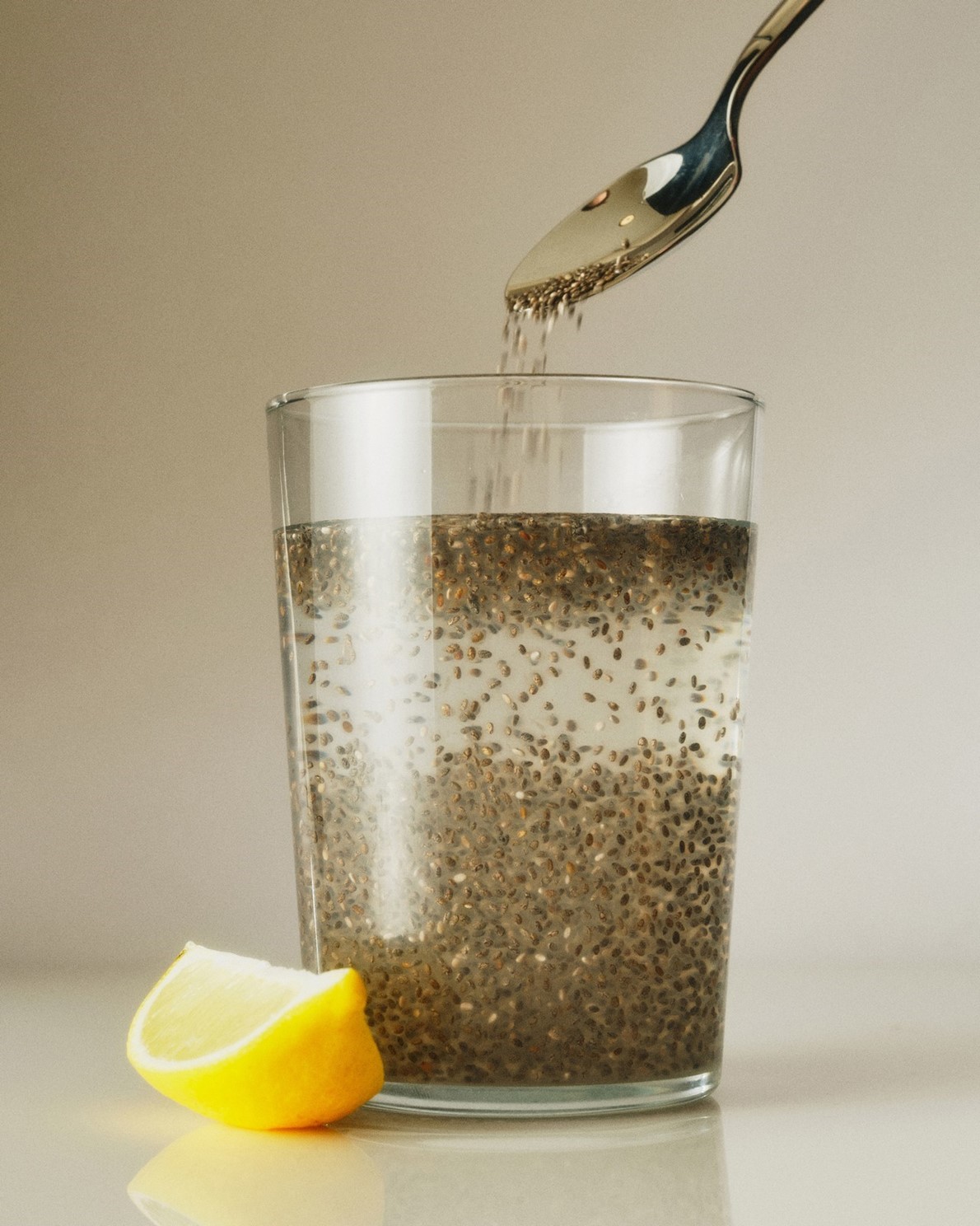Chia
seeds are making a comeback — again.
They are
sprouting up on store shelves and packed into puddings and pretzels and even
jams. According to forecasts from
Grand View Research, a firm that tracks the
food industry, the market for chia seeds is expected to grow by more than 22
percent per year from 2019 to 2025.
اضافة اعلان
Such is the life
cycle of the chia seed — always popping up in one trend or another. The seeds
have long been a staple in Latin America and were even offered to Aztec gods
during religious ceremonies, but every generation in America seems to think
they have discovered them for the first time, said Beth Czerwony, a registered
dietitian with the
Cleveland Clinic’s Center for Human Nutrition.
During the last
40 years, chia has maintained a fairly constant presence in the public
consciousness. They appeared as the furry plant Chia Pets in the late 1970s,
and by the ’90s, health food companies started marketing them as a nutritional
powerhouse. Over the past decade in particular, the tiny seeds have garnered an
outsized reputation: as a purported hack for weight loss, a protein supplement,
and a staple of the ultra-healthy.
Now, thanks in
part to social media, chia seeds are again on many people’s minds. Some TikTok
users tout the purported benefits of an “internal shower” — a viral trend that
involves drinking a supposedly cleansing sludge of chia seeds, water, and lemon
to relieve constipation and aid with weight loss. The hashtag #internalshower
has been viewed more than 100 million times.
 Chia seeds are back (again) — and nutritionists and doctors say there are good reasons for it.
Chia seeds are back (again) — and nutritionists and doctors say there are good reasons for it.
“When it was
trendy in the early 2000s, the kids talking about it now might not have even
been born,” Czerwony said. “Everything old comes back.”
We asked
nutritionists and doctors if the latest chia craze lives up to its healthy
hype.
Are chia seeds really that good for you?
Chia seeds are not a magic conduit to weight loss or a cure for
disease, but they are “incredibly healthy as a natural food source,” said Dr
Melinda Ring, an integrative medicine specialist at Northwestern Medicine.
As with
anything, though, you have to be careful to not overdo it, said Dr. Lisa
Ganjhu, an associate professor at the New York University Grossman School of
Medicine who specializes in gastroenterology. She warned against eating the
seeds straight, which can upset digestion. Instead, soak them in water or
plant-based milk for several hours until they expand to a gelatinous slime, or add
ground chia seeds to baked goods. You can also swirl them into a smoothie,
where they can absorb the liquid, or else mix them into a pudding.
If you eat too
many chia seeds — say, several kilograms in a sitting — you run the risk of
bloating, cramping, discomfort and diarrhea, she said.
What are the health benefits of chia seeds?
A serving of chia seeds — roughly two tablespoons — will not transform
your entire diet or replace the vitamins you should be getting from vegetables.
But doctors and dietitians point to a few key health benefits:
They are also
high in fatty acids.
Chia seeds contain remarkably high levels of an omega-3
essential fatty acid known as alpha-linolenic acid, or ALA. You can only get
these acids from your diet, Ring said, and eating foods that are rich in ALAs
can help prevent heart disease. In fact, the seeds are one of the richest plant
sources of omega-3 fatty acids; one serving has more than twice the daily
amount of ALA recommended by the National Institutes of Health.

They have lots
of fiber. Two tablespoons of chia seeds have around 10 grams of dietary fiber —
more than twice that of an apple. Fiber-rich foods promote gut health by
encouraging bowel movements — hence, the thought behind the “internal shower.”
But Ganjhu said she thinks of chia seeds as more of an “internal Brillo pad.”
“It will
definitely push things through,” she said.
The fiber in
chia seeds can also keep you fuller for longer, especially if you soak the
seeds first. The soft outer layer that coats seeds softens up and congeals into
a gel-like form, which can further expand in your stomach, Czerwony said.
Chia seeds are
also high in several potential antioxidants, which can help break down free
radicals that damage our cells, Czerwony said. While it is possible to have too
many antioxidants, doctors say most people would benefit from more in their
diets, because free radicals can build up in the body over time, leading to —
among other problems — plaque formations in the heart.
Czerwony said
she has seen patients use chia seeds, which are gluten-free and vegan, as an
egg substitute, using the similar consistency to bake pancakes and breads.
And chia seeds
are a good source of protein, although considerably less so than soybeans or
quinoa, Ring said, which makes them an ideal supplement for vegetarian diets or
for anyone looking to lower their meat intake.
“It’s a good trend —
it’s healthy,” Czerwony said. “It’s not going to hurt you.”
Read more Health
Jordan News



